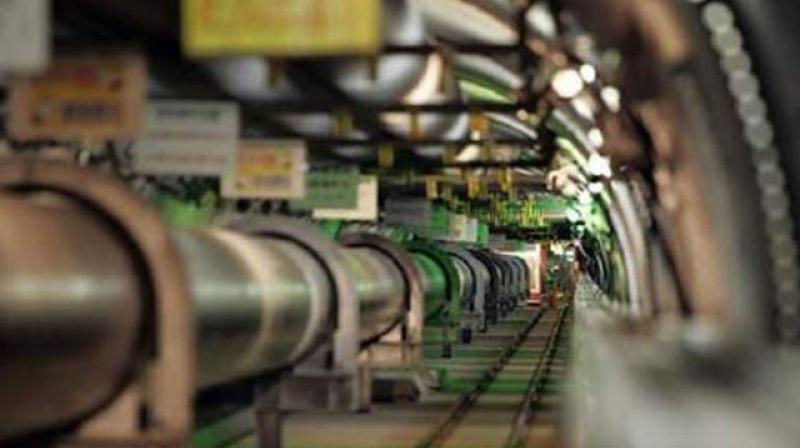Cabinet approves India-Japan tie-up to get more flexible LNG deals
The world's biggest LNG buyers, all in Asia, are increasingly clubbing together to secure more flexible supply contracts.

New Delhi: India will work with Japan to make long-term liquefied natural gas (LNG) import deals more affordable for its price-sensitive consumers, it said on Wednesday, as these two big importers try to secure better prices and concessions from suppliers.
The arrangement will help state-run GAIL India Ltd swap a part of its 5.8 million tonnes of LNG booked with firms from the United States with that of Japan’s contracted volumes in Asia and elsewhere, Sunjay Sudhir, joint secretary for international cooperation in India’s federal oil ministry, told Reuters.
The world’s biggest LNG buyers, all in Asia, are increasingly clubbing together to secure more flexible supply contracts in a move that shifts power to importers from producers in an oversupplied market.
An alliance of big buyers puts pressure on exporters such as Qatar, Australia and Malaysia. They prefer to have clients locked into fixed supply contracts that run for decades and make buyers take fixed amounts of monthly volumes irrespective of demand, with no right to re-sell surplus supplies to other end-users.
“Without joining any club, we would like to work with other major consumers to promote a flexible and open LNG market,” Sudhir said.
India’s cabinet on Wednesday approved the proposal to sign a Memorandum of Cooperation with Japan that it said would help to diversify gas supplies, strengthen energy security and lead to more competitive prices.
Japan is the world’s largest LNG importer, and India the fourth biggest.
Under the arrangement, the two countries will try to get more flexibility in LNG contracts and abolish the Destination Restriction Clause, which prevents them from re-selling imports to third parties.
“The agreement will have a swap clause as well, like we can swap our Australian LNG from Gorgon project with LNG booked by Japan with Qatar,” India’s oil minister Dharmendra Pradhan, who is travelling to Japan next week, told reporters.
India last month agreed to buy more LNG from the Gorgon project after Exxon Mobil agreed to cut prices under a long-term deal.
India and Japan will also look at establishing LNG spot price indices that reflect true supply and demand.
Pradhan earlier this week said that India wanted to set up a gas trading exchange for transparent market-driven prices that would encourage investment into the sector.
India wants to increase its share of gas in its energy mix from about 6.5 percent now to about 15 percent in the next few years. Locally produced gas is sold at a government-set price formula.
The president of Japan’s JERA Co, the world’s biggest LNG importer, told Reuters on Wednesday that his firm was set to sign a new LNG contract that would be free of destination restrictions.
LNG markets have been marked by oversupply since 2014 as production has jumped.

